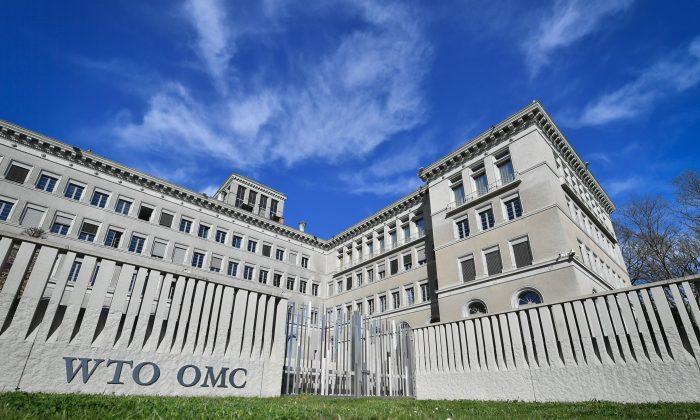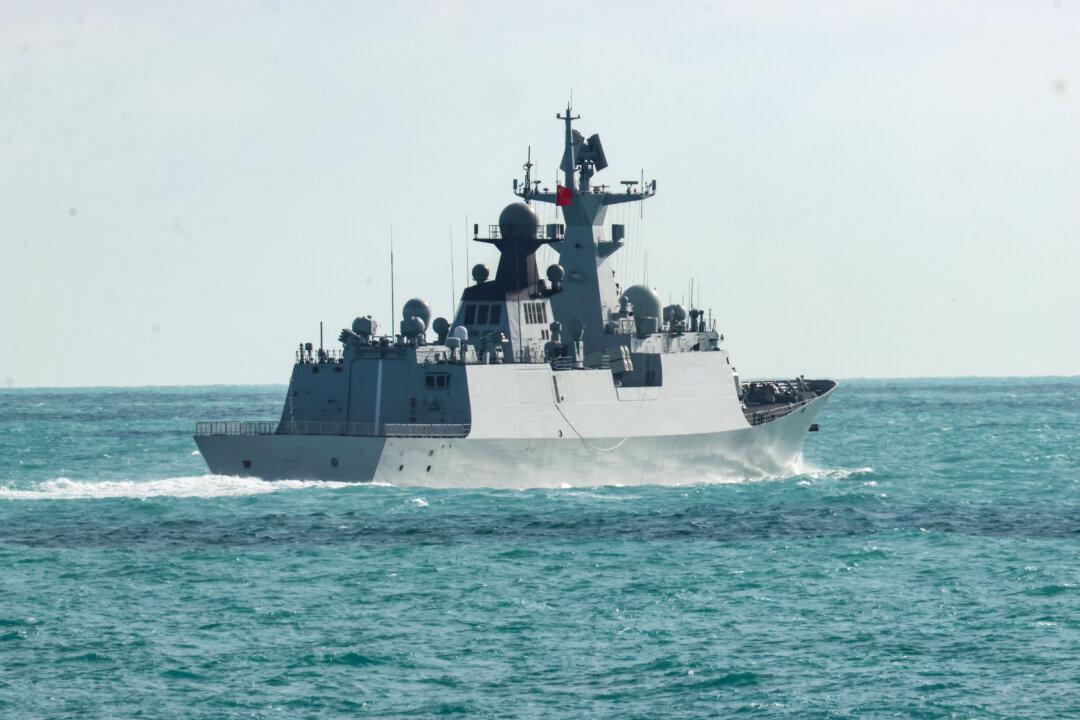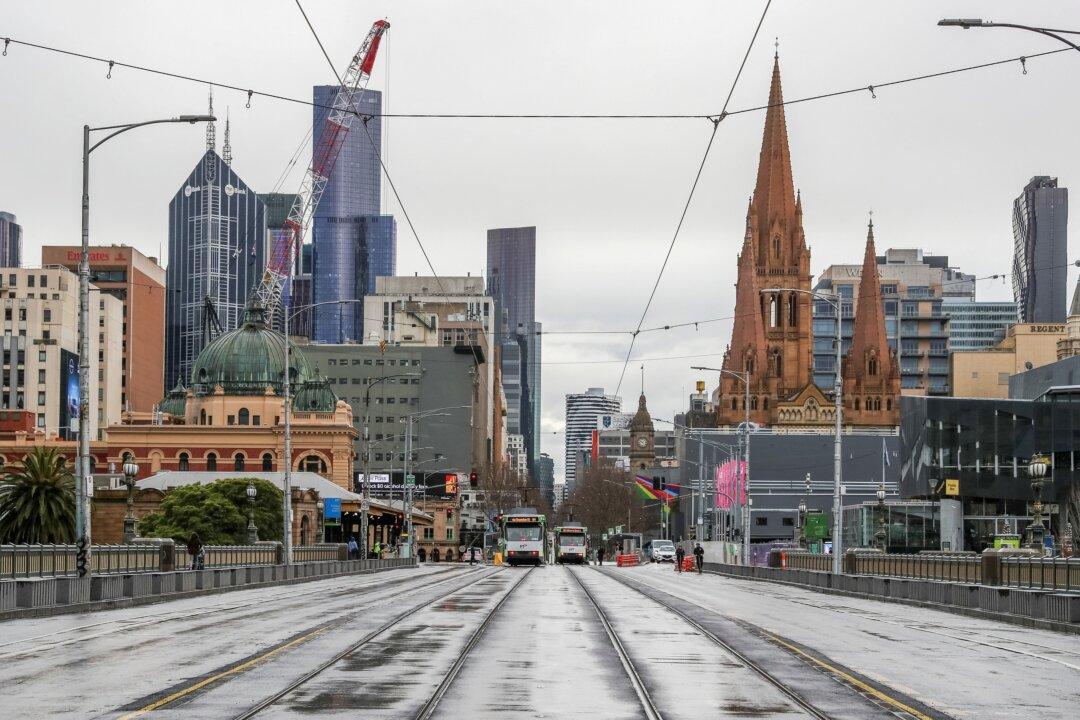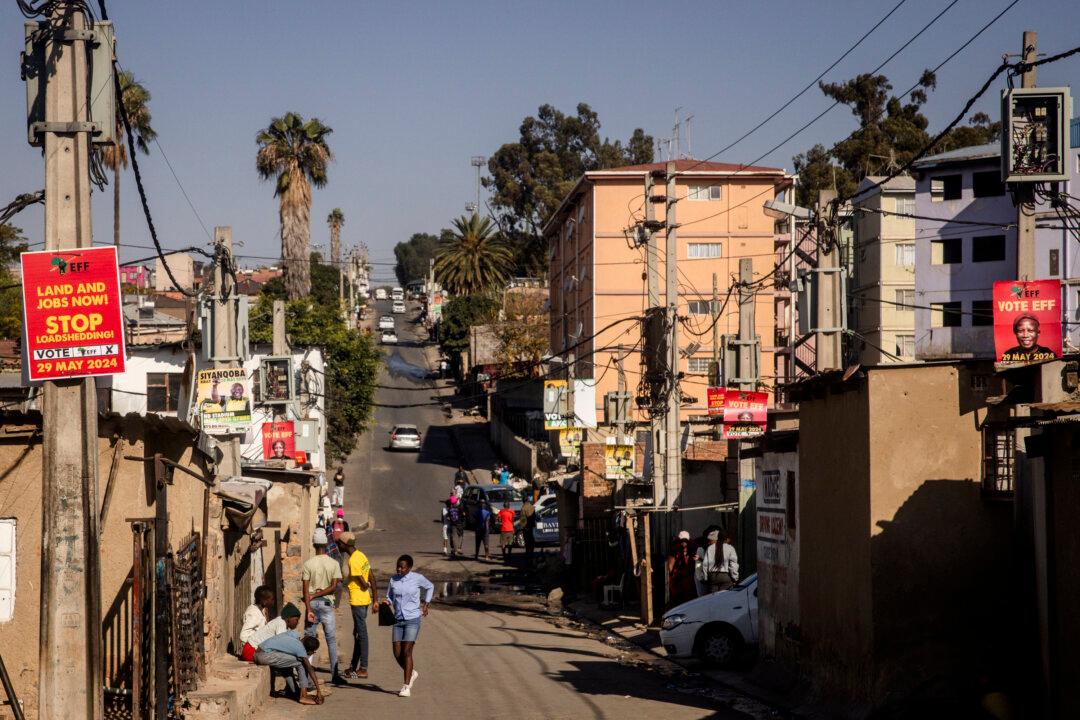Canada and Russia will join Australia’s World Trade Organization (WTO) dispute against the Chinese Communist Party (CCP), citing concerns over the wider ramifications a ruling could have on global barley markets.
The tariffs came not long after Chinese Ambassador Cheng Jingye in Canberra warned of potential economic sanctions against the country following its calls to investigate the origins of COVID-19.
Australian officials tried for months to negotiate but were unable to even get in contact with their Chinese counterparts.
In December, then-Trade Minister Simon Birmingham announced Australia would launch an official dispute via the WTO.
Canada, one of the top five barley exporters globally, said they had a “substantial interest” in the consultations due to their high exposure to the China market.

“Given the significant amount of trade in barley between Australia and China, China’s trade remedies measures could have effects on global trade in barley more generally, including impacts on Canadian barley,” the submission stated.
“Canada’s global annual barley exports in 2017, 2018 and 2019 were valued at CA$531 million, CA$683 million, and CA$700 million respectively, with Canada’s exports to China representing 71.7 percent of its total barley exports over this period,” it continued.
Russia, which accounts for 11 percent of global barley exports, said it had a “substantial trade and systemic legal interest” in the consultations.
“China incorrectly defined the product under consideration and also incorrectly defined the like products,” it stated in its submission.
“China initiated investigations without sufficient evidence, China failed to examine or review the accuracy and adequacy of the evidence provided in the application, and China failed to reject the application or terminate promptly the investigation given the lack of sufficient evidence …” the submission said.
“China did not provide all interested parties a full opportunity for the defence of their interests.”





